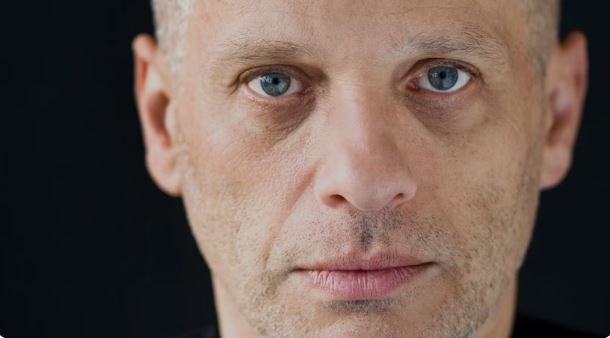To break the mould of traditional opera, composer David Lang takes us to unexpected places. He has written an opera that is too quiet to hear, an opera for 1000 singers performed over a one-mile stretch and in The Little Match Girl Passion he substitutes the suffering of Jesus with the suffering of the young girl dying in the cold in Hans Christian Andersen’s famous fairy tale. The Little Match Girl Passion will soon be performed by Sydney Philharmonia Choirs.
Listen to the program on The Stage Show.
[Lang has said: ‘It’s always been amazing to me that Christianity is based on believing that there was a person whose suffering was so noble that it changed the world. But what’s always so peculiar to me is that Christians — and the rest of us — we’re all perfectly happy to have suffering happen all over the place and not do anything about it. So it’s a bit like, here I am, this Jew from New York, saying, ‘Well, if you’re going to pay attention to this person’s suffering, why are you not paying attention to that person’s suffering?’ ”
Lang said music is an opportunity to look around and try to make a difference. “But you feel kind of impotent to change anything, because it’s just a piece of music,” he said. “So it has to spur you on to something that’s even a deeper, more impassioned way of living your life, if you’re going to change society.”
Lang’s mother, who is from Germany, lost everything in the Holocaust, including many relatives. And his father, a Lithuanian immigrant, grew up in poverty. “I wouldn’t go so far as to say these are Jewish values that I’m espousing, but because I am Jewish and because of the experience of Jews in the 20th century, the peculiar history that brought my parents together had a huge effect on how I view the world and what I want my music to accomplish.”
Lang also stops short of saying that being Jewish means you have an obligation to do something as an artist. “But,” he said, “the issue of what being Jewish costs people, for my parents’ generation, was something I grew up with. For me, being religious has to do with making up for the loss as much as I can — making up for the tragedy that came to the generation before us, just because they were Jews.
“For me, the religion and the suffering have been wedded together, which is probably not healthy for me or the religion. But I think it’s the truth.”]

